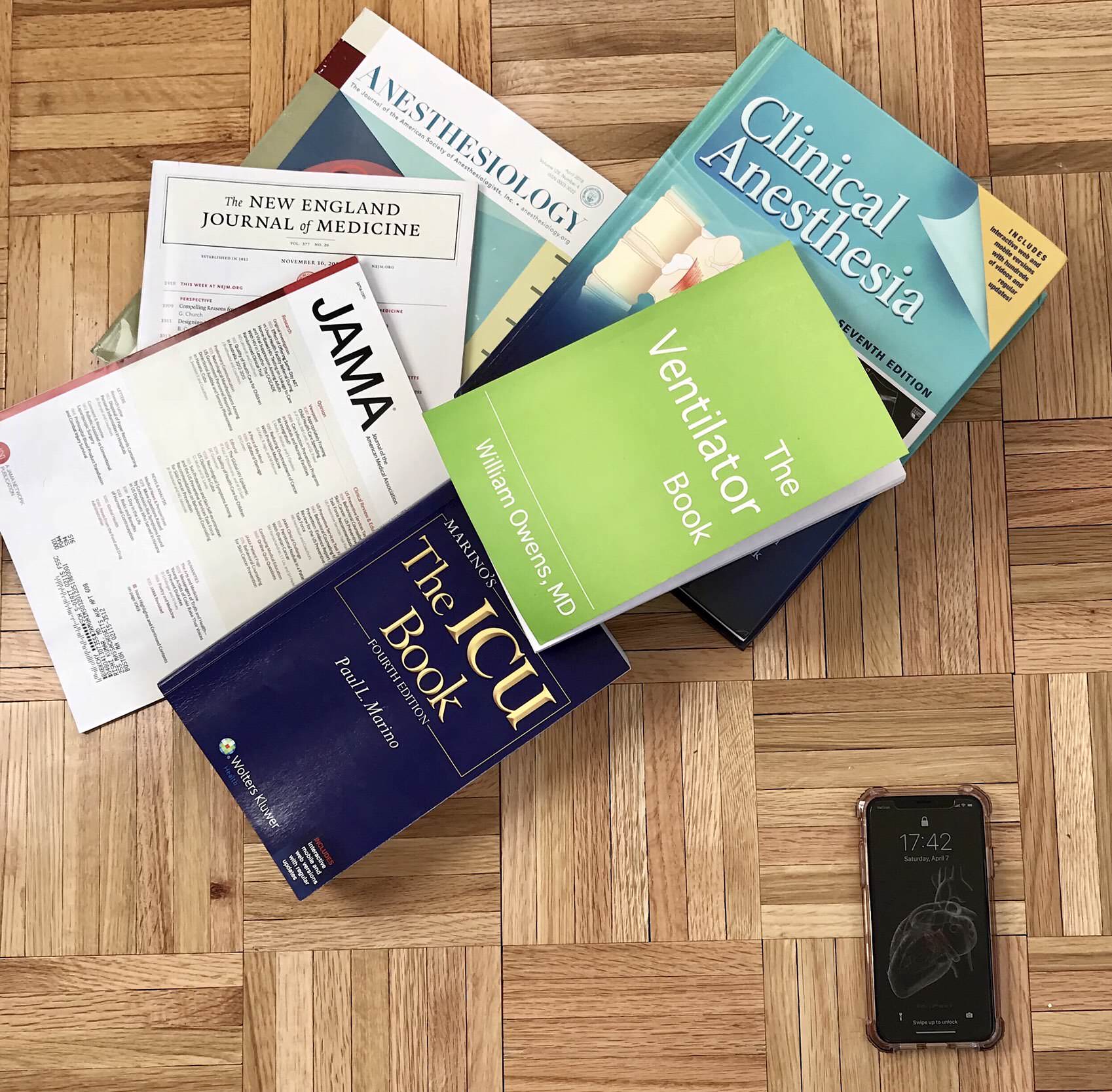In the digital era, we’re inundated with ways to access information. Take the smartphone for example. With a single, portable handset, we can consult colleagues via voice or video, carry full textbook and journal article libraries, and have access to the Internet – arguably the most powerful way of accessing information to date. All in a device that fits comfortably in your hand and weighs less than half a pound. 😯
Technological innovation continues to ease the means by which we access information, but the amount of knowledge is also growing at an unimaginable rate. As such, the task of “knowing it all” is becoming increasingly futile. And that’s okay.
Try telling a bunch of neurotic, type A medical students that they won’t know 100% of the information they’re taught, and it’ll be met with skepticism. The idea of offloading cognitive burden is something I’ve routinely utilized since the beginning of my training in medicine. Students push themselves beyond what is possible to face despair and burnout. Now this isn’t an excuse to be complacent about one’s studies. We should try to learn and retain as much as humanly possible. But I think understanding how and where to find an answer is a skill in itself. I’m often asked basic questions that a quick Google search could answer just as effectively. Consequently, I empower trainees to go find the answer through various references, and then we’ll discuss their findings to drive home contextual understanding.
Another example I’ve encountered is during crisis situations. A patient who is quickly decompensating in the ICU or OR and remains refractory to conventional therapy requires the help of multiple disciplines to rapidly facilitate diagnostics and interventions. Calling for help early is essential, but knowing how to mobilize one’s resources, delegate tasks, and take the “30,000 foot view” of the situation is entirely separate. Offload the cognitive burden of certain tasks (airway management, hemodynamic management, diagnostics, etc.) to your colleagues while you analyze the situation at large. Yes, this requires a level of trust, but that’s something we all need to practice. By freeing one’s mind from a task-directed mentality, the individual can focus on other equally important issues facing the patient. In a sense, redirecting cognitive burden is a lesson in trusting one’s colleagues.
Drop me a comment below with your thoughts! 🙂







We need more people like you on the floor. ????
Haha, I appreciate it! 🙂